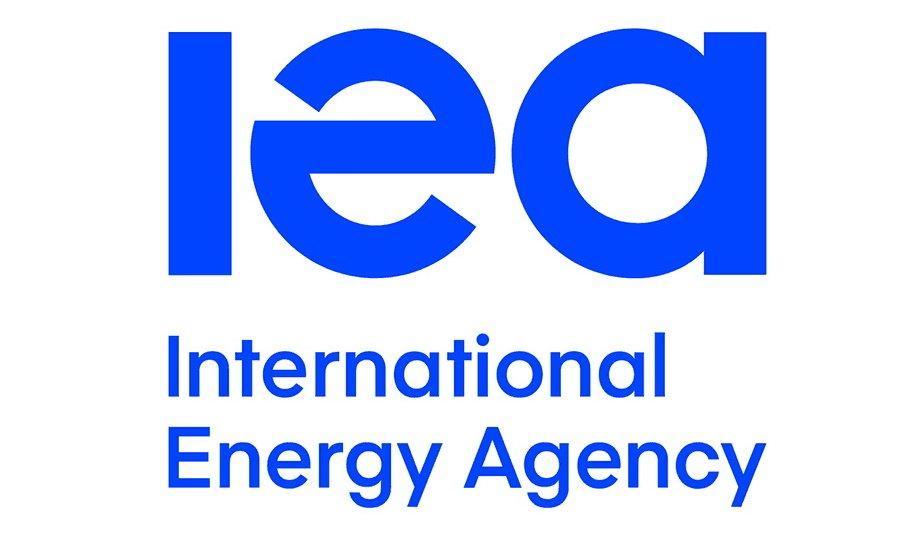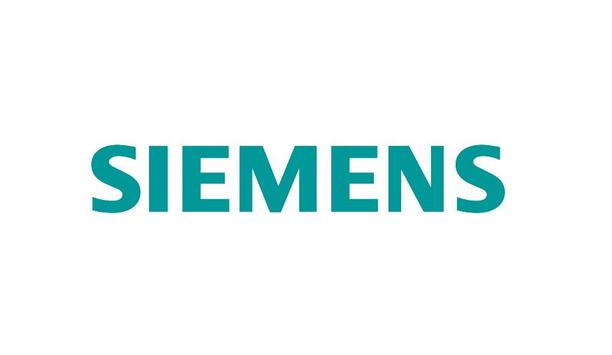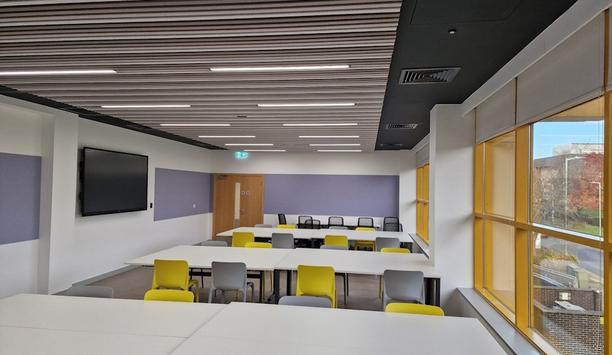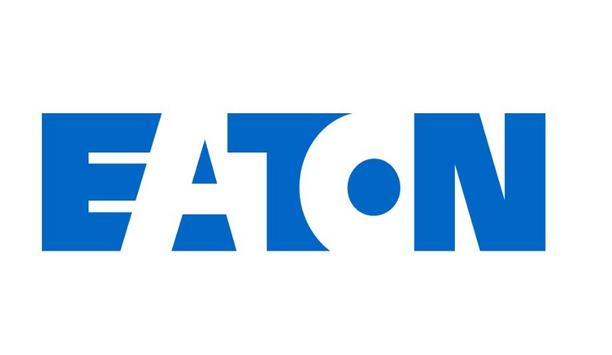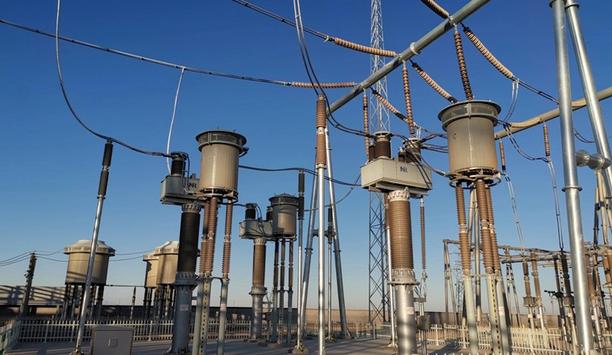Brazil’s pulp and paper industry is in a strong position to build on efforts towards electrification, energy efficiency, recycling and technological innovation, in order to further reduce energy use and cut emissions, according to a joint report by Brazil’s Energy Research Office EPE and the International Energy Agency (IEA) supported by the Brazilian Tree Industry association - Ibá.
The EPE (Empresa de Pesquisa Energética), which advises Brazil’s Ministry of Mines and Energy, and the IEA, are releasing the report in both English and Portuguese. It presents the latest analysis of energy consumption trends and opportunities for energy and emission savings in Brazil’s pulp and paper industry, one of the country’s leading industrial sectors.
IEA and EPE joint report on Brazil’s pulp and paper industry
Brazil is the second largest pulp producer in the world after the United States of America (USA)
Brazil is the second largest pulp producer in the world after the United States of America (USA), accounting for more than 11% of global production, and is one of the world’s top exporters. Brazil is also among the 10 largest paper producers in the world.
The sector is also one of Brazil’s biggest energy consumers. In 2020, pulp and paper production accounted for 16% of final industrial energy consumption in the country, well above the 5.3% share that the industry has at a global level.
This makes it a crucial sector for Brazil’s efforts to use energy more efficiently and reduce emissions.
Overview of the pulp and paper sector’s consumption trends
The new report provides an overview of the pulp and paper sector’s consumption trends and energy sources, as well as practices such as recycling and increasing the share of renewable resources during production, both in Brazil and in key countries and regions.
The report also shows the IEA’s engagement with other Brazilian institutions
The report reflects the ongoing cooperation between the IEA (International Energy Agency) and the EPE (short for Empresa de Pesquisa Energética), which have worked together to study other Brazilian economic sectors, such as road freight and cement.
The report also shows the IEA’s engagement with other Brazilian institutions, such as Ibá (short for Indústria Brasileira de Árvores), with which the IEA has strengthened communication and data exchanges.
Brazil - Key partner in IEA’s E4 program
Brazil is a key partner in the IEA’s Energy Efficiency in Emerging Economies (E4) program, which seeks to build capacity within, and support for, energy efficiency improvements in some of the world’s largest energy-consuming countries.
A more in-depth analysis of trends and opportunities for efficiency and emissions reductions in the pulp and paper sectors is underway.
